Prawns: Taking A Curve Towards Good Health
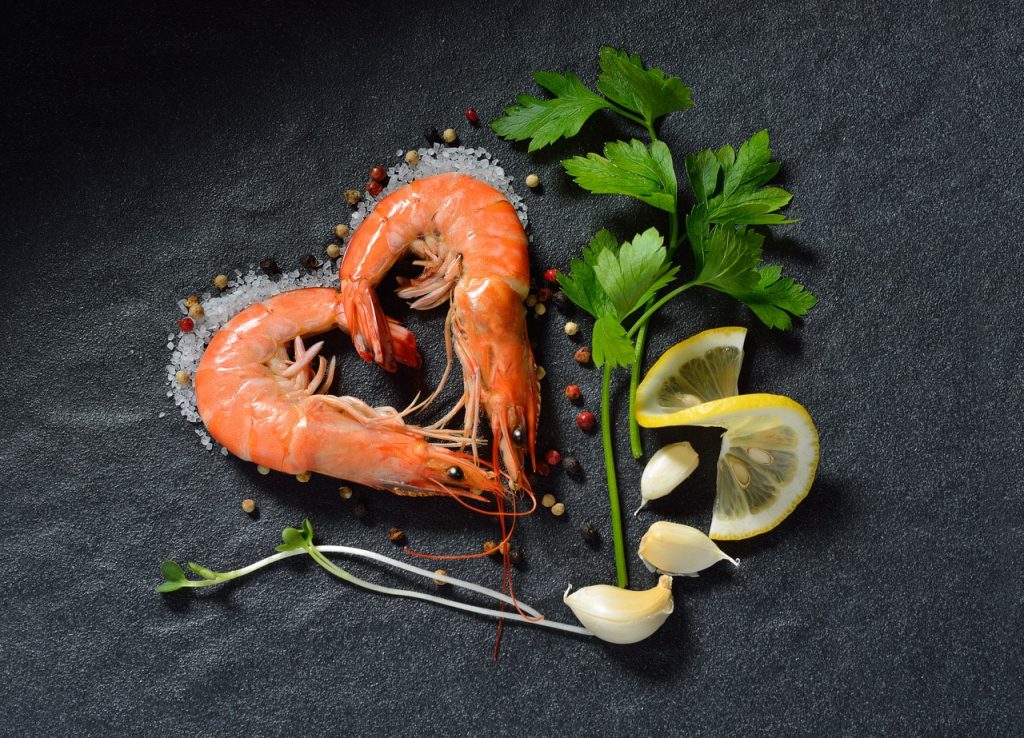
Prawns have long been a popular seafood choice for many culinary enthusiasts around the world. These crustaceans, with succulent flesh and delicate flavour, has often confused many with their close relatives, shrimp. Prawns, scientifically known as decapod crustaceans, belong to the same family as lobsters and crabs. They are characterized by their long bodies, muscular tails, and distinctive taste. While prawns and shrimp are often used interchangeably, prawns tend to have a larger size and sweeter flavour.
Within the tender flesh of prawns lies an impressive array of essential nutrients, making them a valuable addition to a balanced diet. By understanding the nutritional benefits of prawns, you can make informed choices about incorporating this delectable seafood into your diet. In this article, we will explore the macronutrient and micronutrient composition of prawns, examine their potential health benefits, discuss cooking and preparation methods to retain their nutritional value and address potential risks and considerations associated with their consumption.
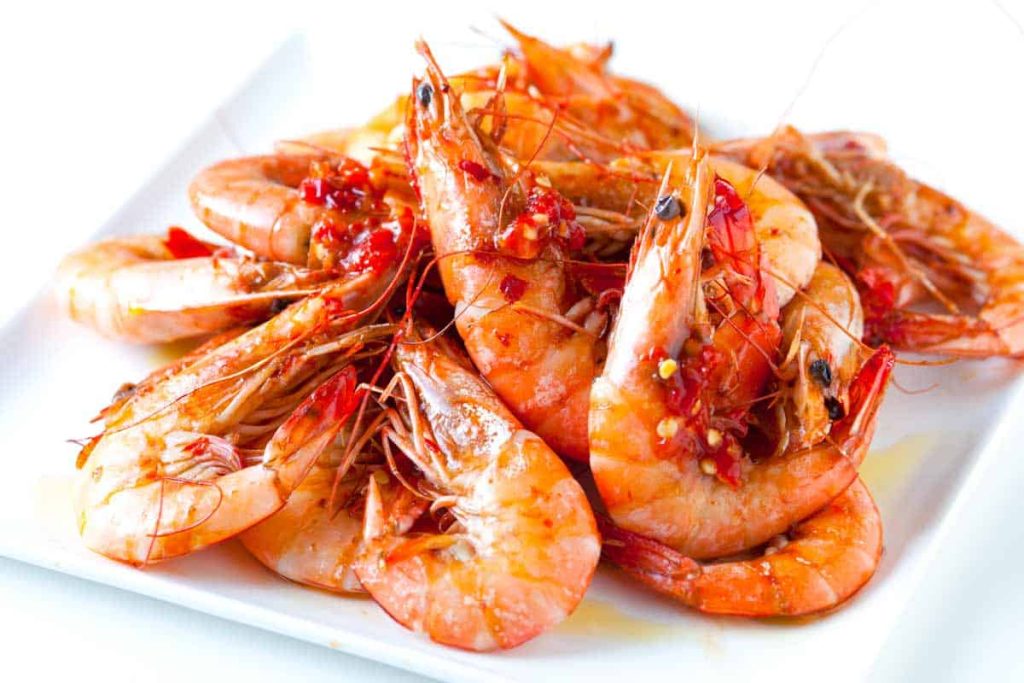 Here is an overview of the macro-nutrient and micro-nutrient health benefits found in Prawns:
Here is an overview of the macro-nutrient and micro-nutrient health benefits found in Prawns:
Macronutrients:
Prawns are not only delicious, but also very good for your health! These little pods are packed with nutrients that can do wonders for your body.
Packed with protein for weight management:
Prawns are an excellent source of high-quality protein. 85 grams serving of cooked prawns can contain around 18-20 grams of protein, making it a protein-rich option. Protein is like the building blocks for your muscles and tissues. Eating Prawns can help your muscles grow, repair tissue, and make you feel fuller for longer. This is a win for your taste and your body!
Carbohydrates: Prawns are naturally low in carbohydrates. They contain minimal amounts of carbs and are therefore suitable for low-carb or ketogenic diets. This makes them an ideal choice for those aiming to limit their carbohydrate intake.
Micronutrients
Omega-3 Fatty Acids for a Happy Heart and Brain:
Prawn is also loaded with omega-3 fatty acids, including eicosapentaenoic acid (EPA) and docosahexaenoic acid (DHA). These essential fatty acids are known for their heart-healthy benefits, supporting brain function, reducing inflammation, and promoting overall well-being. They are like superheroes for your heart and mind.
Vitamins and Minerals Galore:
Prawns is a treasure trove of vitamins and minerals. They contain vitamin D, vitamin B12, vitamin E and Phosphorus. Vitamin D and Phosphorus play vital roles in bone health formation and maintenance, immune function, and calcium absorption. Vitamin B12, iron are necessary for red blood cell production and nerve function. Vitamin E acts as an antioxidant, protecting cells from damage caused by free radicals, plus iodine for your thyroid. Prawn is basically a storehouse for everything good for your body!
Minerals to strengthen your immune system:
Eating Prawns are a good source of various minerals, such as iron, zinc, and selenium. Iron is essential for oxygen transport, while zinc supports immune function and cellular metabolism. It’s full of antioxidants and nutrients like selenium that help your body fight the bad stuff.
Eye health:
Prawns contain the antioxidant astaxanthin, which provides several benefits for eye health. Astaxanthin belongs to the carotenoid family and has been proven by scientific studies to protect the eyes from oxidative stress and inflammation caused by free radicals. It helps reduce the risk of age-related macular degeneration (AMD), a leading cause of vision loss in older adults and supports overall eye health and visual acuity.
The next time you dig into a bowl of Prawns, know that you are not only treating your taste buds, but also providing your body with amazing benefits. From the muscles, heart, brain, and immune system. Prawn is like a little health party on a plate, so, indulge in those delicious Prawns and let them do wonders for your well-being!
Fertility and reproductive health:
Prawns are a rich source of several nutrients that support fertility and reproductive health. Research indicates that omega-3 fatty acids EPA and DHA, along with zinc, vitamin E, and selenium found in prawns, are important for sperm production, quality, and motility in males. According to studies, these nutrients support hormonal balance, menstrual health, and fetal development during pregnancy in females.
Nutrient Profiles for Prawns
Prawns are sometimes criticized for high cholesterol content. However, three ounces (85 grams) of prawns contain approximately 18 grams of protein and only about 85 calories. It provides a very desirable fat profile, including a good amount of healthy omega-3 fatty acids.
Three ounces of prawns provide 166 mg of cholesterol, but also about 295 mg of omega-3 fatty acids.
In addition to providing lean protein and healthy fats, these crustaceans are very good sources of selenium, an important antioxidant. You can get nearly 50% of the daily value of selenium in only 3 ounces (85 grams). And, the type of selenium found in shellfish is very well absorbed by the human body.
Summary
There are no documented differences between the nutritional profiles of prawns and
shrimp. They both provide a good source of protein, healthy fats and many
vitamins and minerals, yet are low in calories.
Cooking and Preparing Prawns
Our culinary classes are ongoing. To maximize the retention of the valuable nutrients of Prawns during cooking, register here for intensive training in Janel Foods.
Frequently Asked Questions (FAQs)
Q. Are prawns good for health?
Yes, prawns can be a healthy food choice. They are a good source of high-quality protein, low in calories and fat, and rich in essential vitamins and minerals. Prawns also provide omega-3 fatty acids, which offer numerous health benefits.
Q. Can pregnant women eat prawns?
Pregnant women can safely consume prawns if they are cooked properly. However, it is recommended to consult with a healthcare professional to ensure it aligns with individual dietary needs and to consider any potential allergies or sensitivities.
Q. What is the difference between shrimp and prawns?
The terms “shrimp” and “prawns” are often used interchangeably in some regions, but there are slight differences. Generally, prawns are larger in size with longer legs and claws compared to shrimp. Taste and texture differences may also exist, but these can vary depending on geographical location and species.
Q. Are prawns good for weight loss?
Prawns can be beneficial for weight loss due to their low calorie and fat content, coupled with their high protein content. Protein helps promote satiety and can contribute to feelings of fullness, which may aid in weight management. However, it’s important to consider portion sizes and overall dietary balance.
Q. Do prawns have protein?
Yes, prawns are an excellent source of protein. They contain high-quality proteins that are essential for building and repairing tissues in the body. Consuming prawns can contribute to meeting your daily protein requirements.
Q. Are prawns healthier than fish?
Prawns and fish both offer various health benefits. While prawns are a good source of protein and other nutrients, different fish species may have unique nutritional profiles. It is advisable to include a variety of seafood in your diet to benefit from a range of nutrients.
Q. How often should you eat prawns?
The frequency of prawn consumption depends on individual dietary needs and preferences. Including prawns as part of a well-balanced diet is generally recommended, but it’s important to consider factors like overall calorie intake, personal health conditions, and the need for dietary variety. Consulting with a healthcare professional or registered dietitian can provide personalized recommendations.

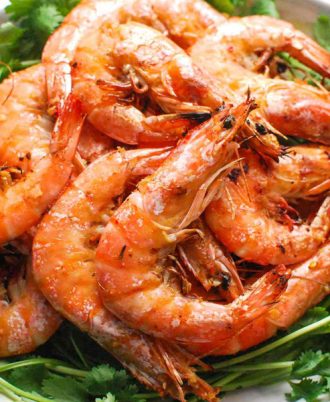
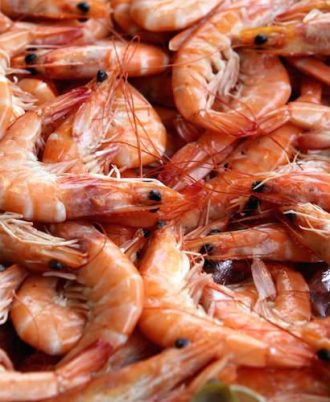
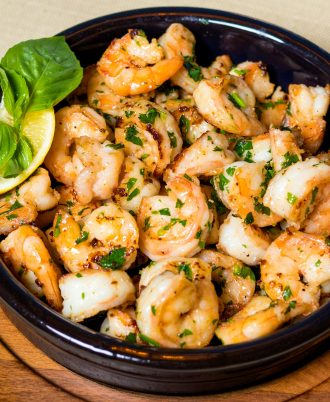

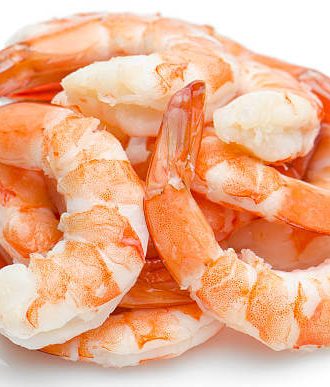
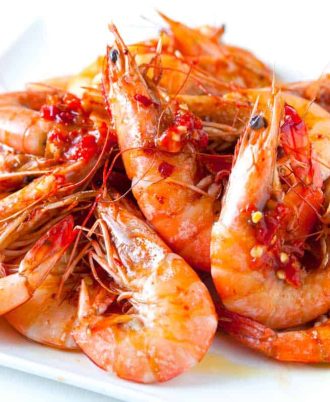
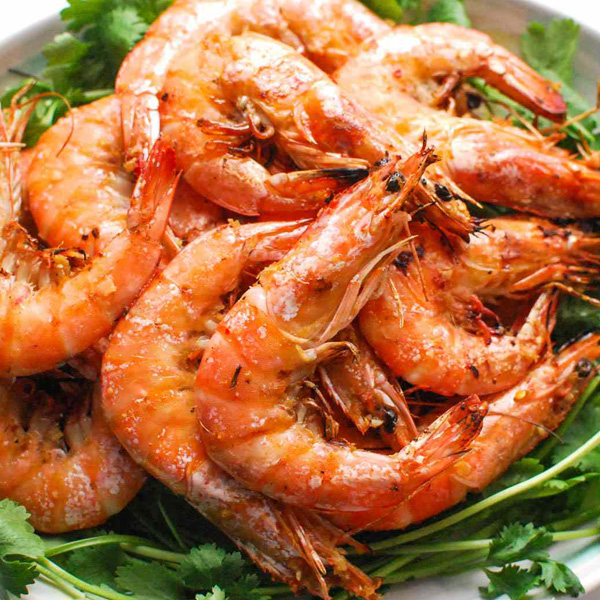

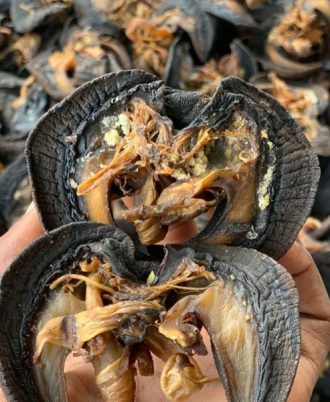
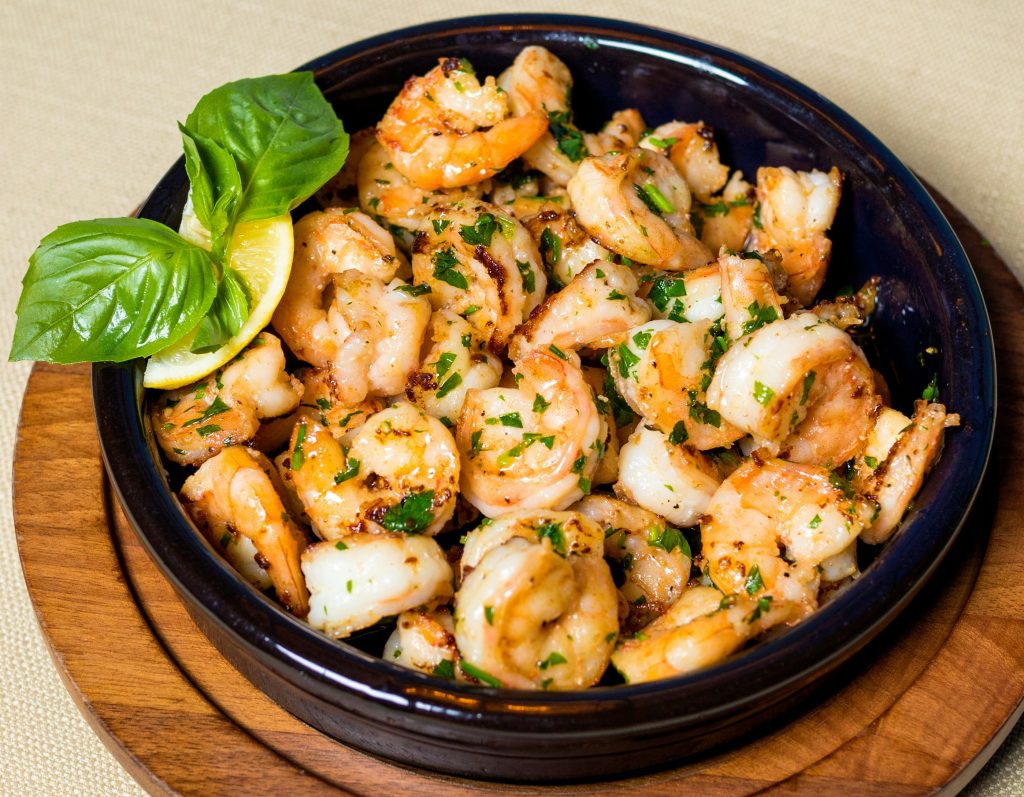



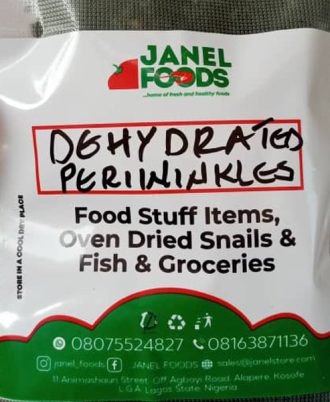
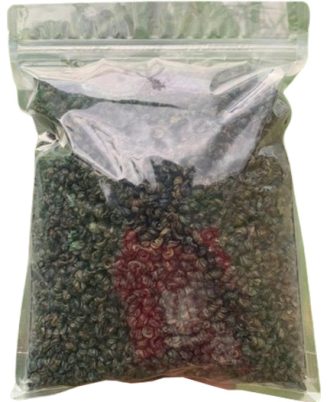
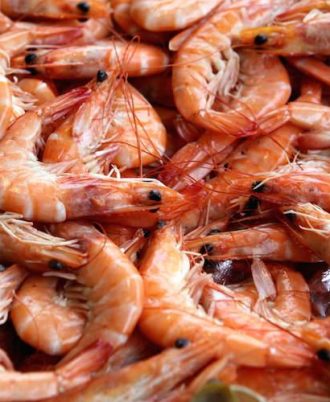
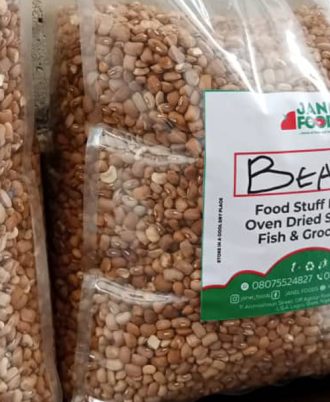
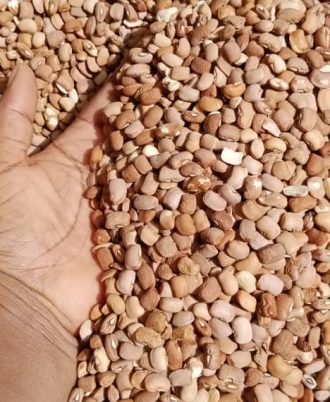

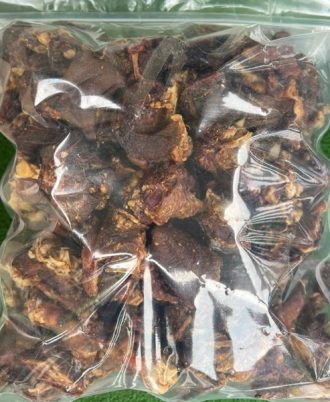
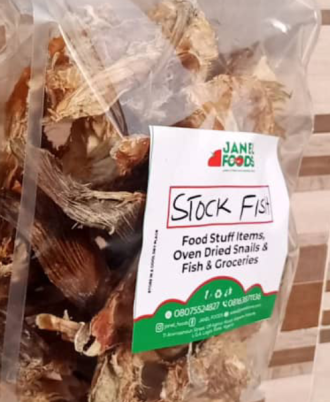

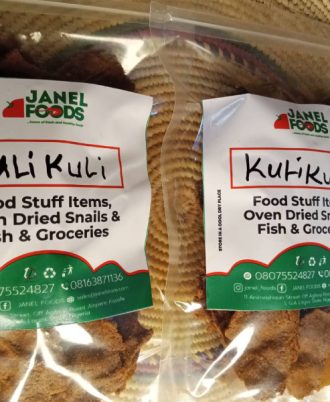


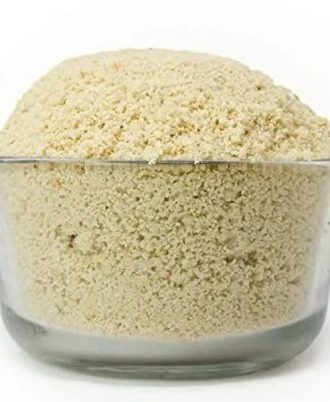
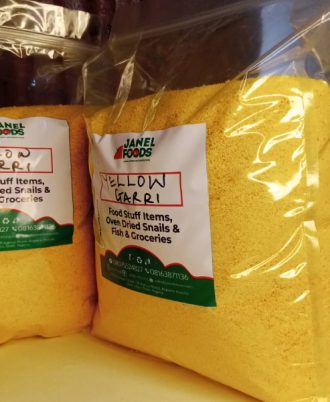
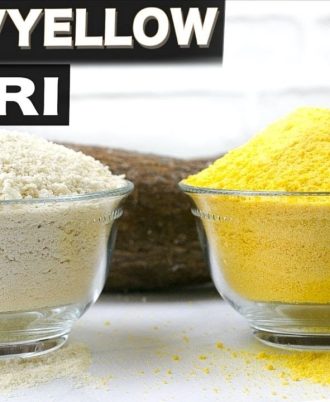
Reviews
There are no reviews yet.